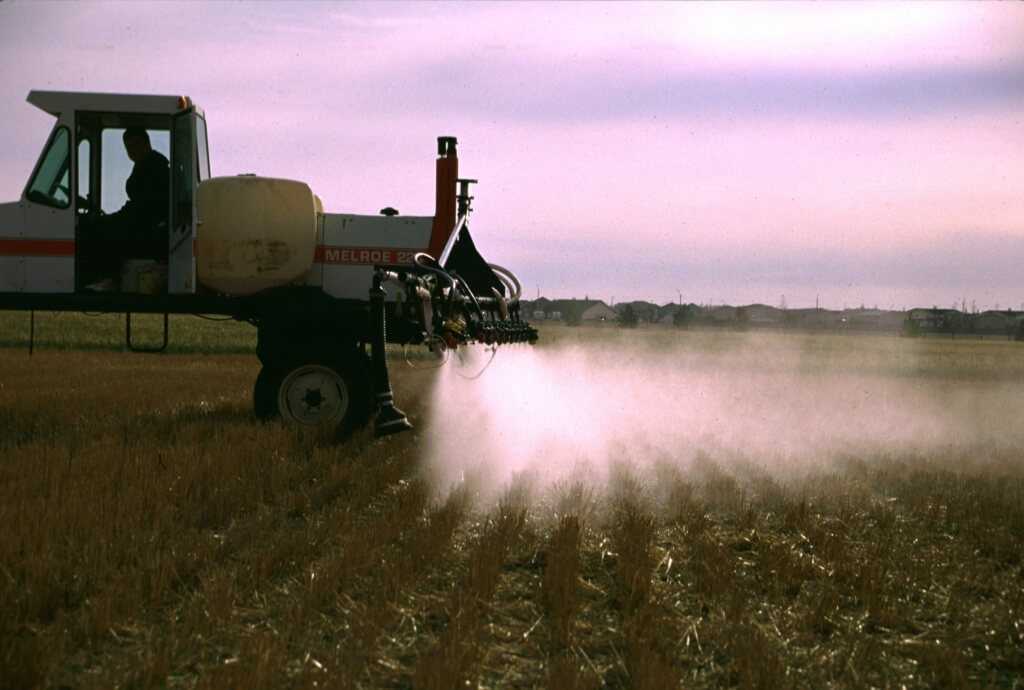
The self-propelled sprayer revolution is complete in western Canada. Almost all sales of new equipment are self-propelled. In fact, the once thriving sector of Canadian-made pull-type sprayers, and the innovations they brought to spraying, has disappeared. In its place we have self-propelled sprayers that offer plenty of power, large tanks, high mobility and comfort, and […]
Read More… from Does the Pull-Type Sprayer once again have a Place on our Farms?



